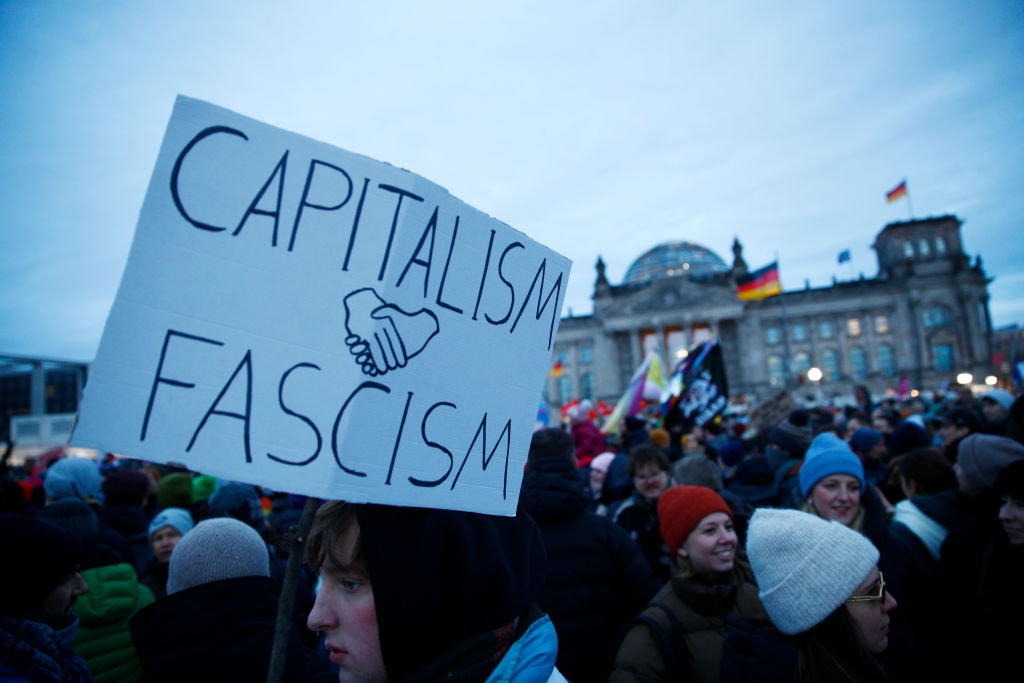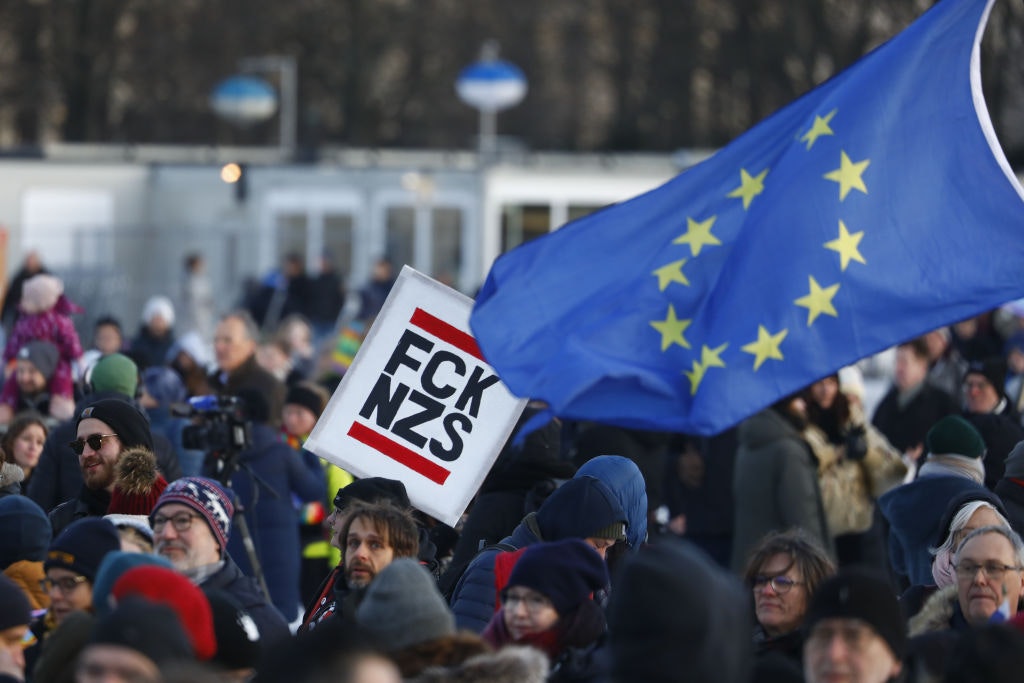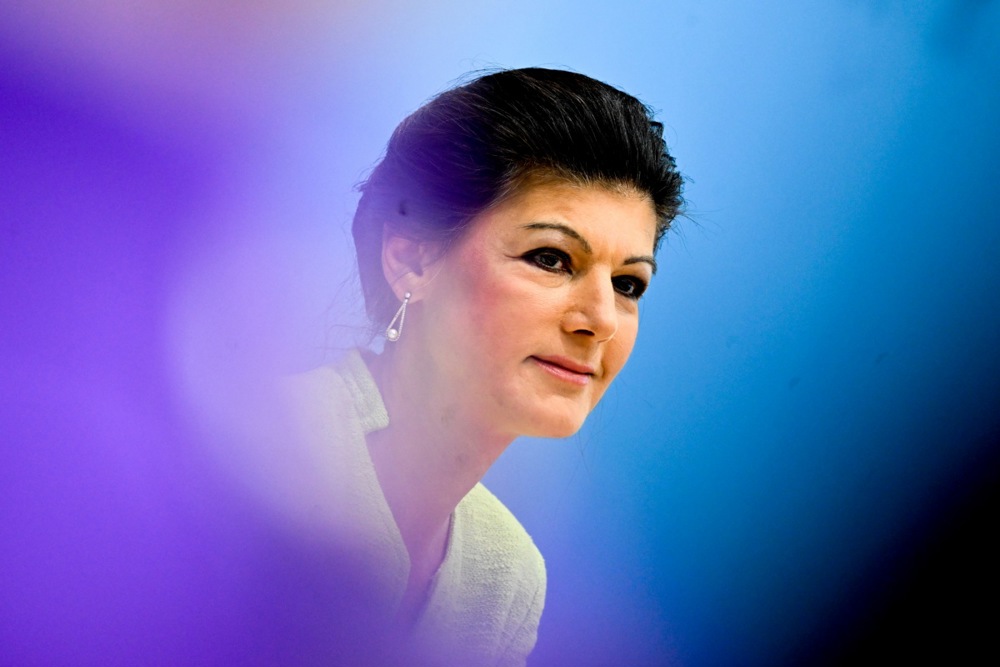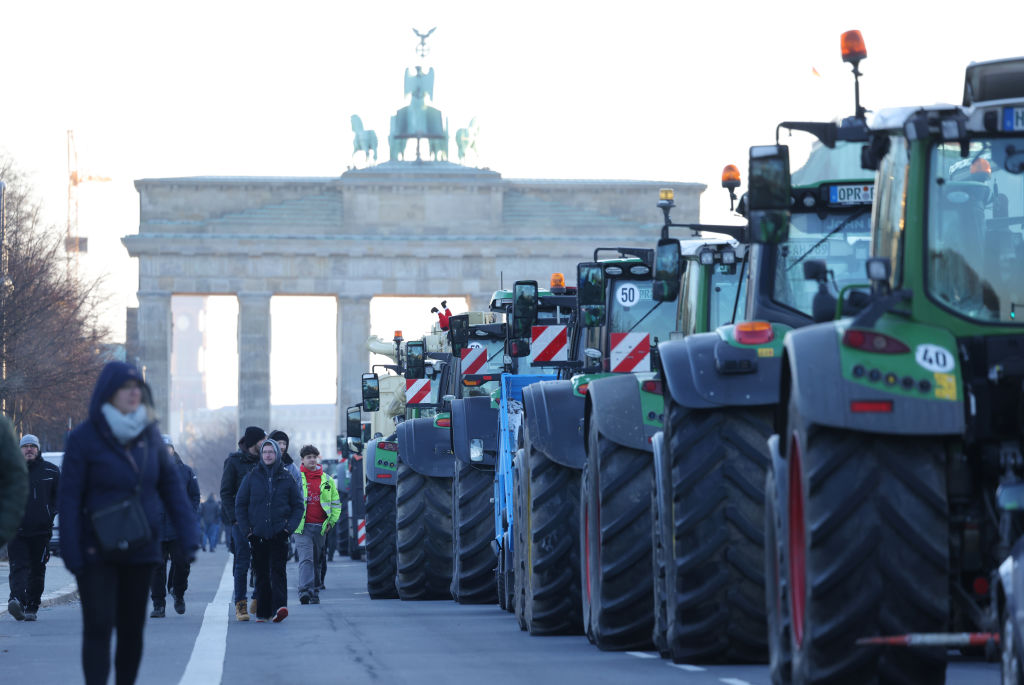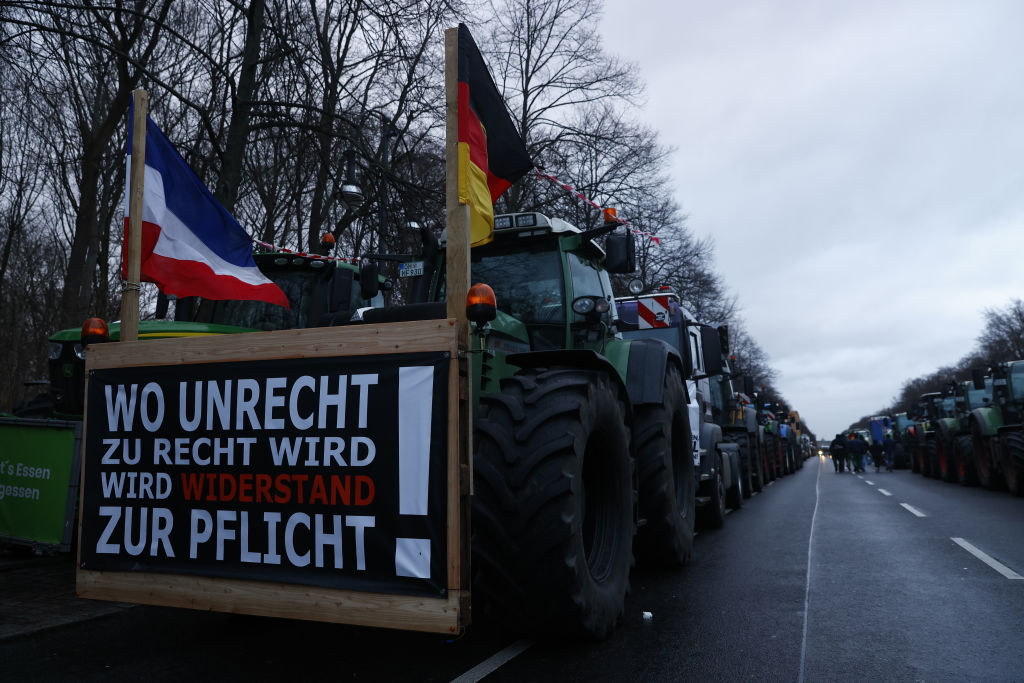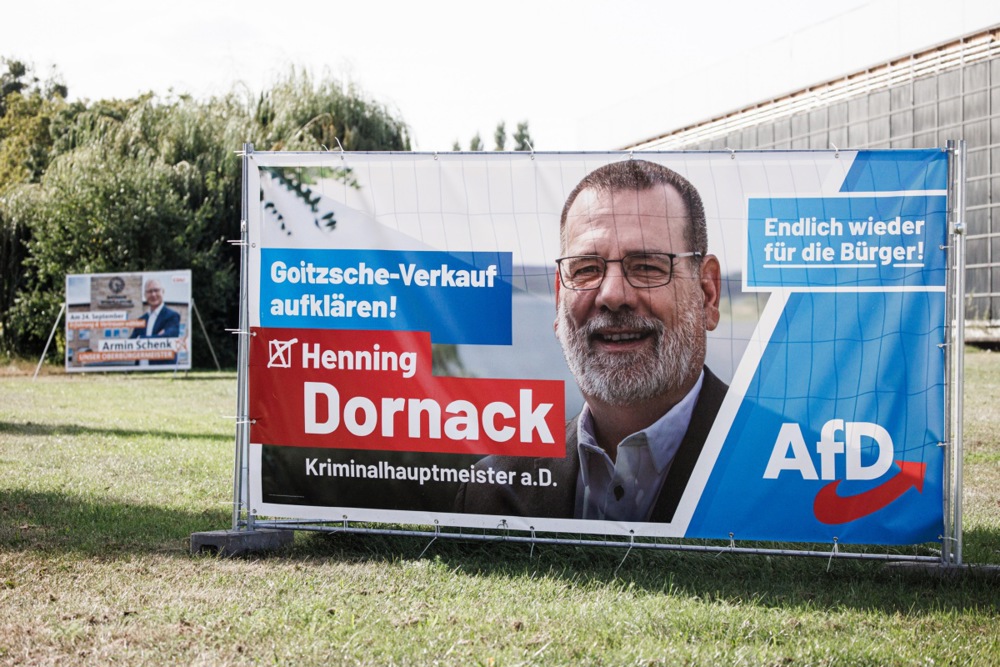Hundreds of thousands of people took to the streets in Germany to demonstrate against the populist right-wing Alternative für Deutschland (AfD) party, seen by many protestors as “neo-Nazi”.
The mass gatherings over the weekend of January 19-21 were in response to reports from the German non-profit investigative journalism group Correctiv about a meeting of AfD politicians.
Allegedly, the party members discussed deportation plans known as “remigration”, a term that relates to the forcible return of “migrants” to their countries of origin.
The AfD, currently leading in the polls, denied any accountability for the demonstrations.
Leading politicians expressed solidarity with the protestors. German Chancellor Olaf Scholz praised the demos, declaring that radical right-wingers are “undermining democracy”.
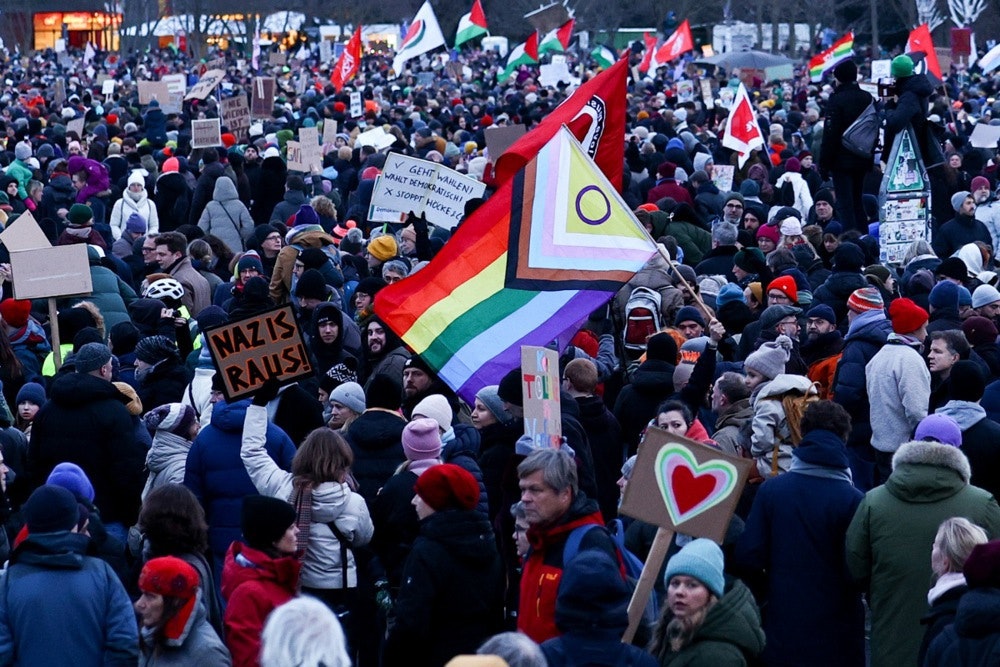

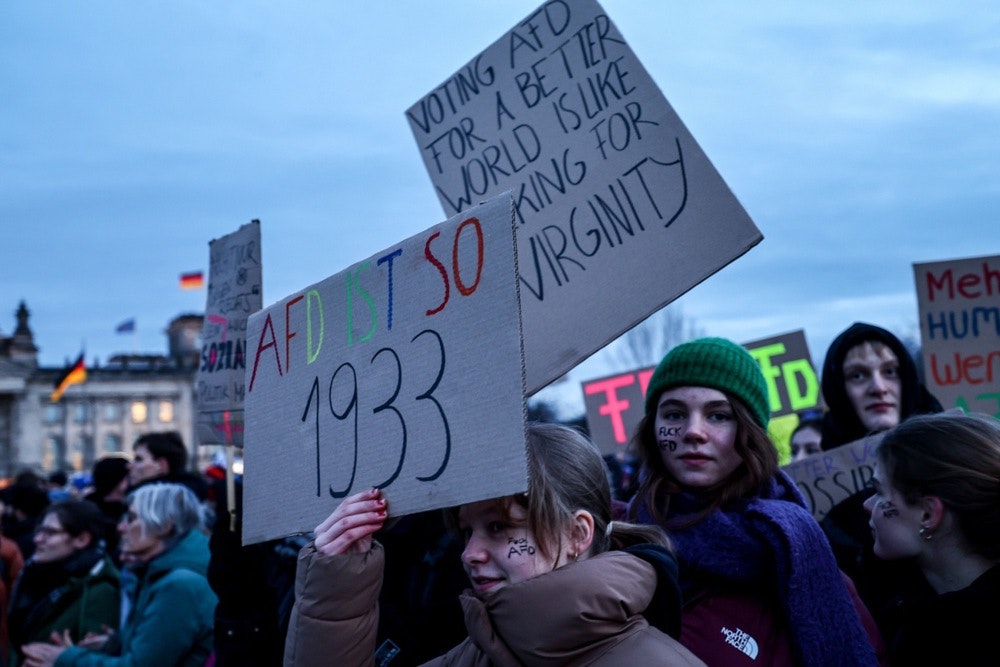
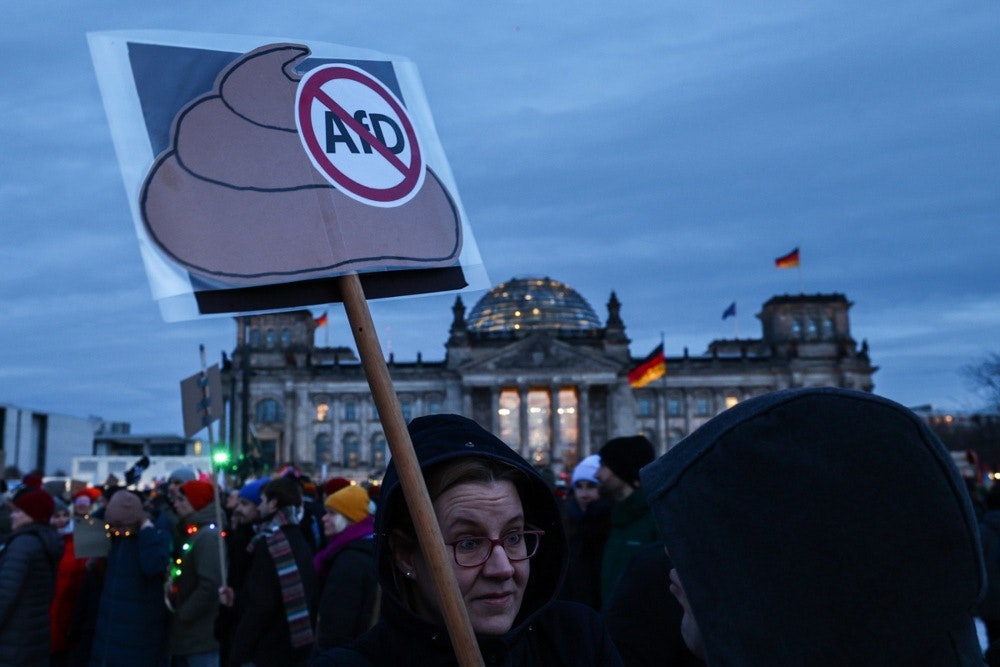
The “Fridays for Future” movement and other non-governmental organisations organised the demonstrations, held under the banner “Defend Democracy”.
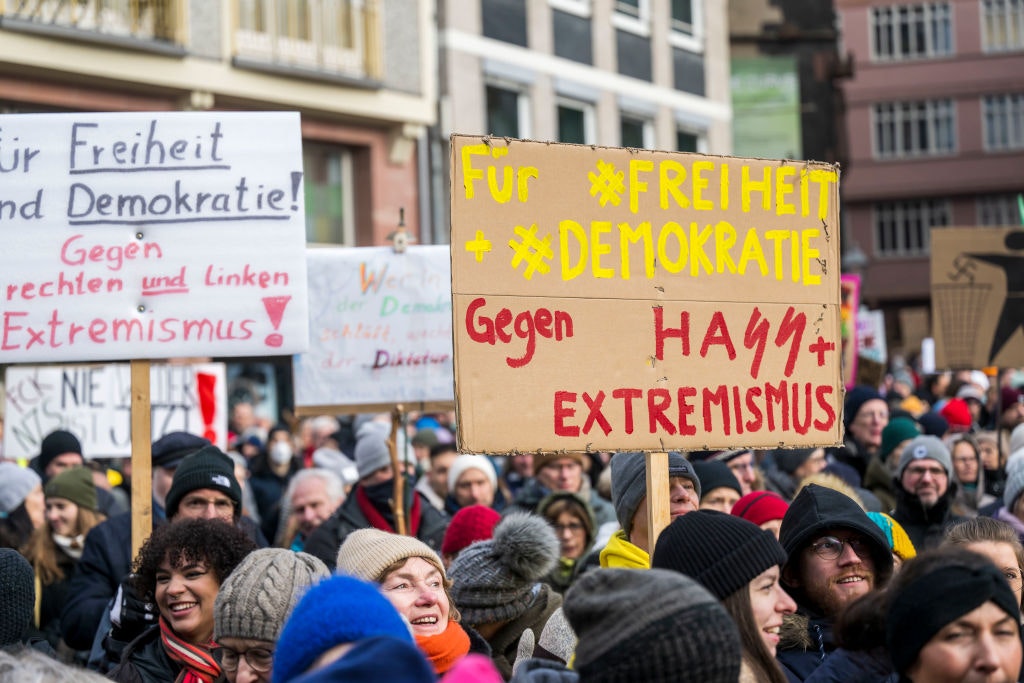
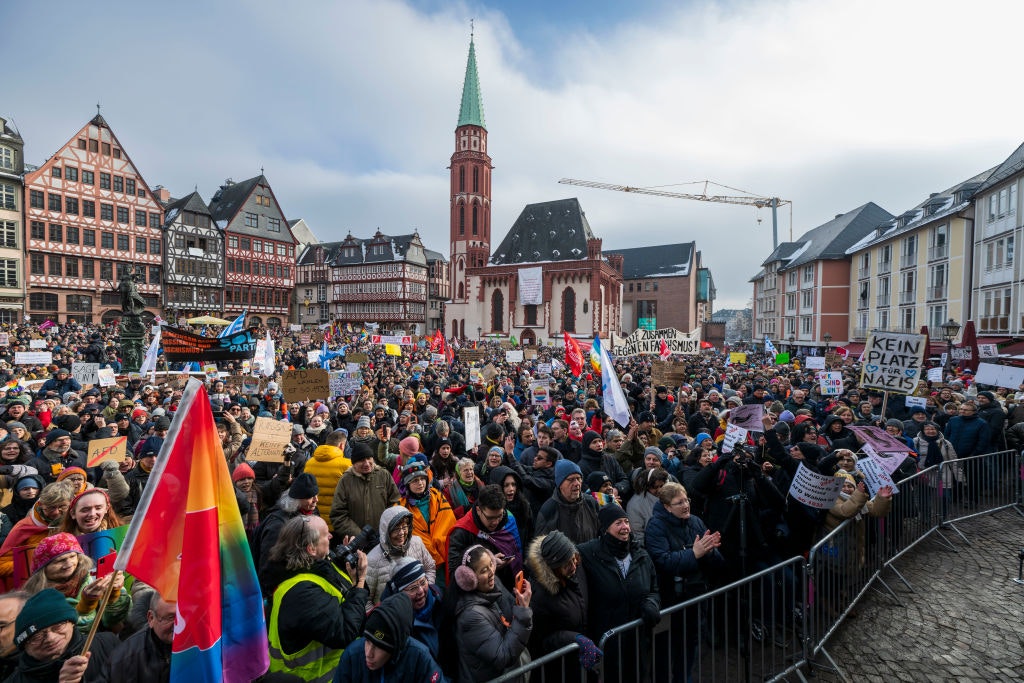


In Munich alone, around 100,000 people took to the streets. In Cologne, organisers claimed 70,000 people showed up and in Berlin between 60,000 and 100,000.
On January 19, 50,000 people protested in Hamburg, Germany’s second-biggest city although, given the huge numbers, it ended prematurely due to public-safety concerns.
Tens of thousands of protesters attended protests the following day in other German towns, including Stuttgart, Nuremberg and Hannover.
There were also numerous demonstrations in smaller cities across the country.
Observers said that the outpouring of anti-right-wing feeling showed that the AfD is proving highly divisive, despite the fact that, in the polls, it is performing ever-more strongly.


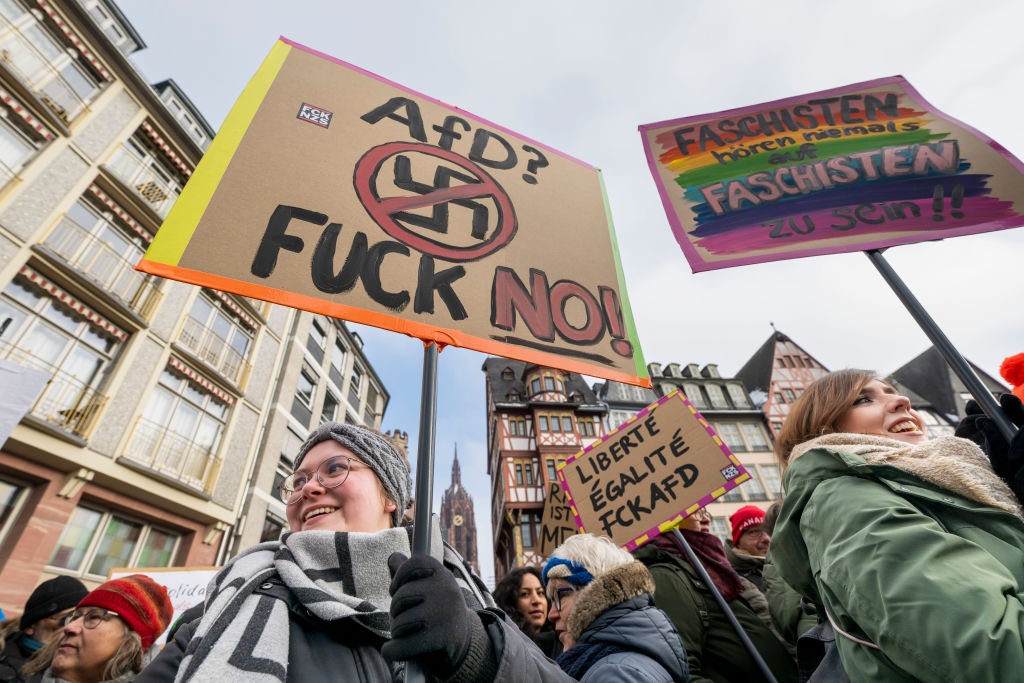
“The future of our democracy does not depend on the volume of its opponents, but on the strength of those who defend democracy,” German President Frank-Walter Steinmeier said in a video statement.
Those turning out to protest, he added, “defend our republic and our constitution against its enemies”.
